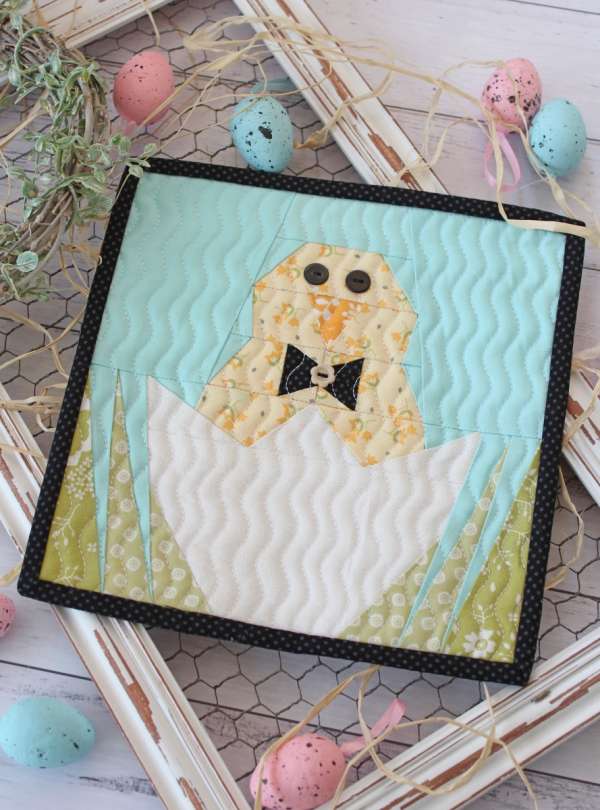-
55 Quilt Patterns To Make For The 4th Of July - 1 day ago
-
Machine Quilting For Beginners - April 15, 2024
-
Sunday Spotlight – Pot Holders Quilt Patterns - April 14, 2024
-
Book Review – Birds, Butterflies and Blooms - April 10, 2024
-
Upcycling Old Fabrics into Quilting Masterpieces: A Sustainable Approach to Creativity - April 8, 2024
-
Unleash Your Quilting Creativity with the Pirouette Quilt Collection - April 1, 2024
-
Sunday Spotlight – Catch-all Cutie Sewing Organizer - March 31, 2024
-
Quilting Legacy: 13 Reproduction Designs from a Cherished Collection of Antique Quilts - March 29, 2024
-
Sunday Spotlight – Clam Shell Quilt Pattern - March 24, 2024
-
Edelweiss Pattern – Thimble Blossoms - March 23, 2024
Learn the Art of Sewing Buttons, a Stitch in Time Saves Nine!
How many times have you had that situation in the morning, when you are running late and while slipping on your shirt, you realize that a button is missing? It is a common minor tragedy that has struck most of us, on some occasion or the other. Learning the process of sewing buttons can be a godsend ability at such times. Created for purely decorative purposes, somewhere along the line, they become important in order to hold clothes together instead of being a mere novelty. Of course, this happened only after the creation of the button hole. While earlier, they were synonymous with men’s garments, today both women’s clothing and men’s attire use buttons. From plastic, metal, wood, and even bone, a large range of materials are used for making them.
The Process
It is important to first cut out the button holes on the garment. If these turn out to be too big, then it may be important to stitch them up on both sides. In order to do so, you will need to match the pattern marking of the garment to the holes. Remember to choose a thread that is the same color as the button. Unless you are aiming for a different effect, this is essential as using a varied color thread will only ruin the look of the attire. Ensure that you stitch through as many layers of fabrics as present, unless you want to avoid a show of thread on the facing side. With heavy fabrics like wool, and denims, you will need to reinforce the area on which the button is sewed on. You can choose to use a small, flat button to do so. Sew the buttons on either side together, in order to ensure that they hold on well.
It is important that before you start the process, you close the garment, and use pins to mark the position of the buttons. Start by inserting the pin into the fabric at a distance of 2 millimeters from the last button hole. This is true for horizontal button holes. For vertical button holes, you will need to insert the pin, two millimeters from the top of the button hole. Place the holes over the pins and insert the needle with the thread at the pin’s point to sew the button on. Always mark the position of the button, keeping in mind the previous button’s placement.
Always use a double strand of thread. Knot it at one end.
It is important that you make small stitches on the right side of where you are placing the button for added support.
Now take the needle with the thread in it and pull it through one of the holes in the button. Place the button in such a manner that it is centered over the stitch.
Now, insert the needle through the hole in the button, and pull it through the fabric.
Next, create a shank using a toothpick or a needle so that the button is reinforced.
Now stitch through each of the button holes at least three to four times.
Bring the needle and the thread to the right side under the button. As you do this remove the toothpick or the needle that you used in order to create the shank.
Drape the thread around the button two to three times in order to secure it completely. Make a knot around the button or make small stitches.
If you are doing this in bulk, then it may be a good idea to use a sewing machine for the process.
subscribe for updates
Subscribe to our mailing list and get interesting updates, and offers.




















